Menopause Symptoms – Night Sweats
What are Night Sweats During Menopause?
As the name suggests, you wake up with your bed sheets and pajamas wet due to excessive sweating. It comes as a shock because it’s not something you are aware of until you wake and find yourself lying in a pool of sweat. Some women experience the occasional night sweat while others have them several times a night.
Understanding Night Sweats During Menopause
Night sweats during menopause are intense episodes of sweating that occur at night and can significantly disrupt sleep. These episodes are typically associated with the hormonal changes that characterize the transition to menopause. As estrogen and progesterone levels fluctuate and overall decrease, the body’s thermoregulation—that is, its ability to regulate temperature—becomes less stable. This instability can trigger the sweat glands to produce excessive sweat as the body attempts to cool down, even if there is no need for such a response.
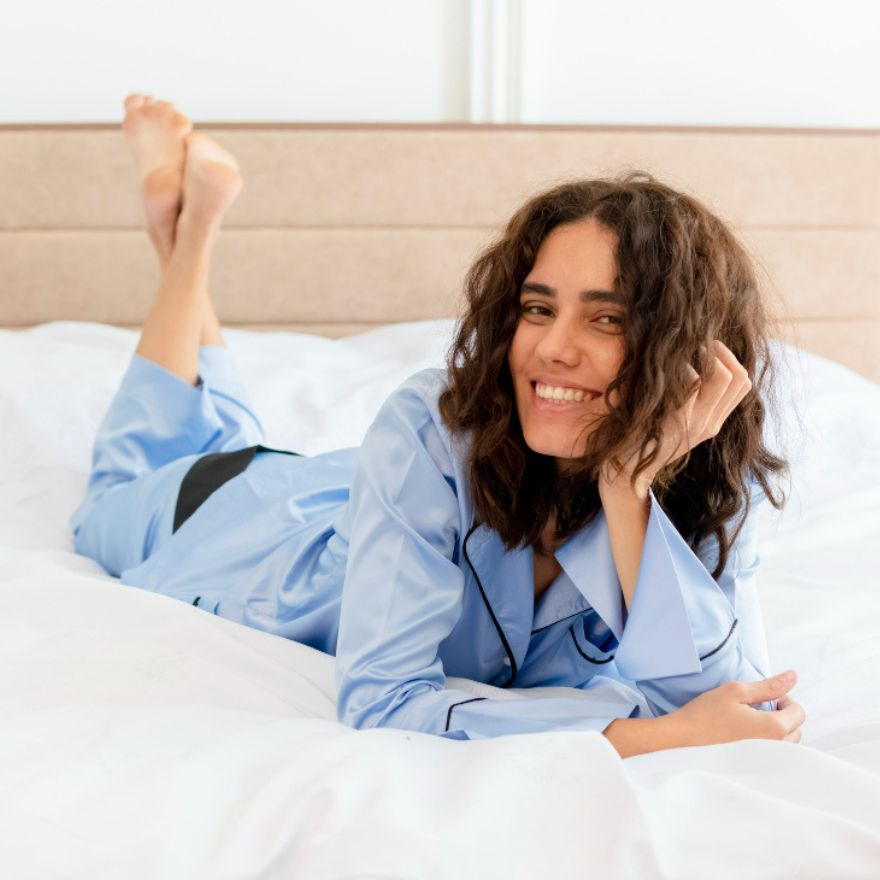
The Impact of Night Sweats on Daily Life
The frequent interruption of sleep caused by night sweats can lead to chronic sleep deprivation, which may affect cognitive functions, emotional balance, and overall quality of life. Women experiencing night sweats may find themselves tired during the day, less focused, and more irritable or prone to mood swings. The physical discomfort and disruption of sleep can also lead to stress and anxiety about going to sleep, further exacerbating the problem.
What Causes Menopausal Night Sweats?
Hormones are messengers that tell the body to do something. During a woman’s menstrual cycle, estrogen and progesterone control things like ovulation, mucus production and the thickening of the uterus lining.
During perimenopause, the time when your body is transitioning to menopause, and menopause itself, there are changes in the levels of estrogen and progesterone production. Night sweats are your body’s way of adjusting to these changes.
Treatment Options for Managing Night Sweats
Simple changes in the sleeping environment can often provide significant relief:
- Cooling the Room: Lowering the room temperature through air conditioning or fans can help. Opening a window to allow a breeze can also cool down the room.
- Moisture-Wicking Bedding and Clothing: Using bedding and nightwear that are designed to wick moisture away from the body can keep you drier and more comfortable.
Medical Interventions
- Bioidentical Hormone Replacement Therapy (BHRT): This is a common and effective treatment for many menopausal symptoms, including night sweats. BHRT helps stabilize hormone levels, reducing the frequency and severity of night sweats.
Lifestyle Modifications
- Stress Reduction Techniques: Practices such as yoga, meditation, and deep breathing can reduce stress, which may trigger or worsen night sweats.
- Regular Exercise: Maintaining a regular exercise routine can improve overall health and help regulate body temperature.
Dietary Considerations
- Avoiding Triggers: Spicy foods, caffeine, and alcohol can trigger or worsen night sweats and should be consumed in moderation.
- Staying Hydrated: Drinking plenty of water throughout the day helps replace fluids lost from sweating at night.
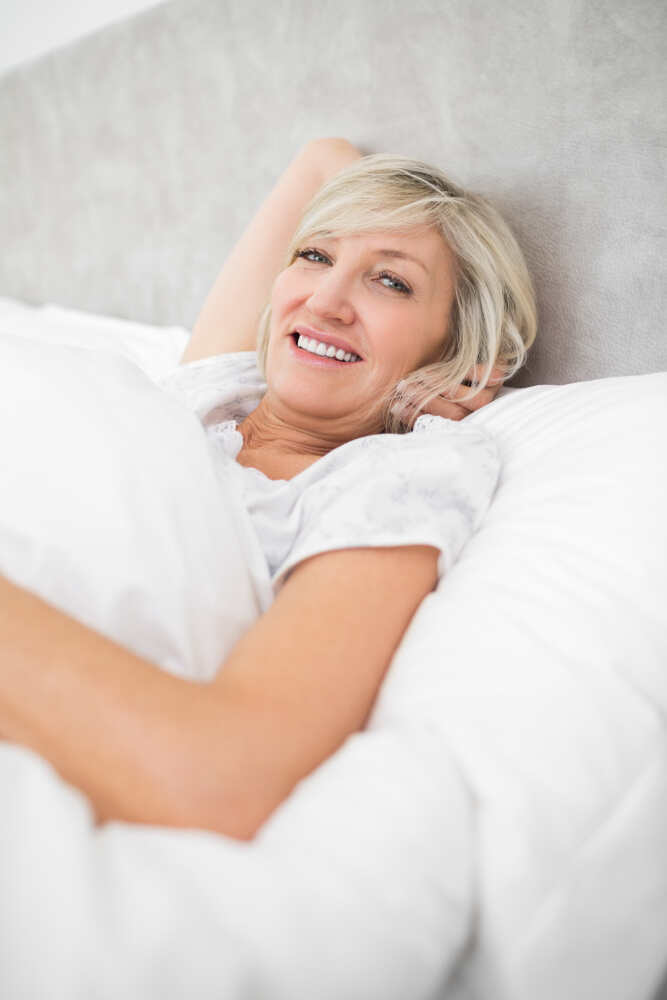
NuFemme Medical Centers To Help You Through Your Night Sweats
Hormone imbalances are correctable with the right therapeutic approach like hormone replacements. Rebalancing those hormones can lower your risk of other medical problems, too, like osteoporosis and heart disease while making the night sweats and the other unpleasant symptoms of menopause a thing of the past.
Hormone therapy with NuFemme Medical is a safe and powerful option that can help you get back control over your life. Contact a NuFemme medical provider today to learn more about how the benefits of a customized hormone balancing plan that can help you safely and effectively manage night sweats and other menopause-related symptoms.
Taking the 1st Step
the latest in Women's Health
Our experienced medical staff will help guide and choose the optimal treatment you deserve. Our approach is comprehensive, confidential, and in a short time you will look, feel, and perform at your best.
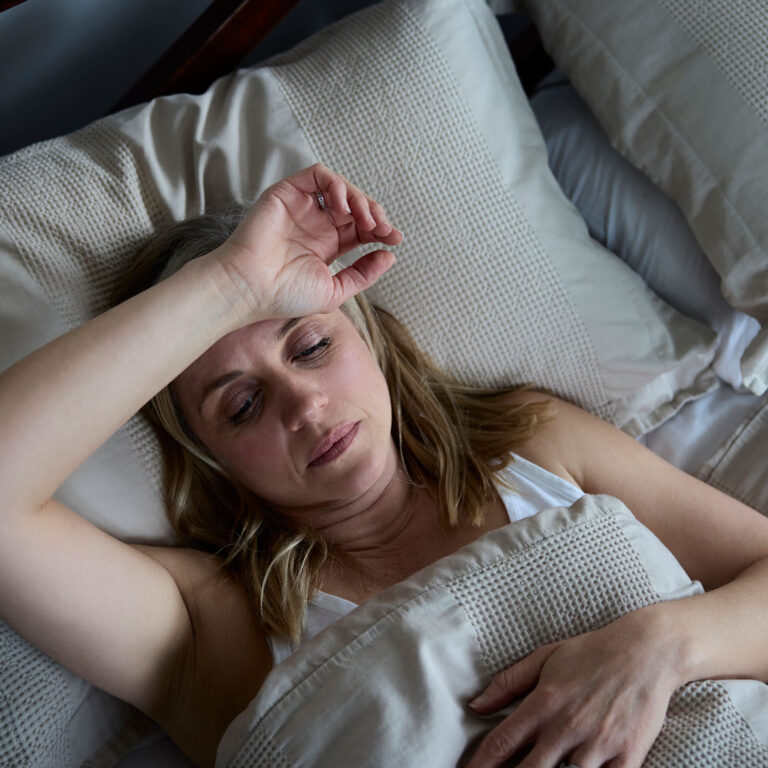
Menopause
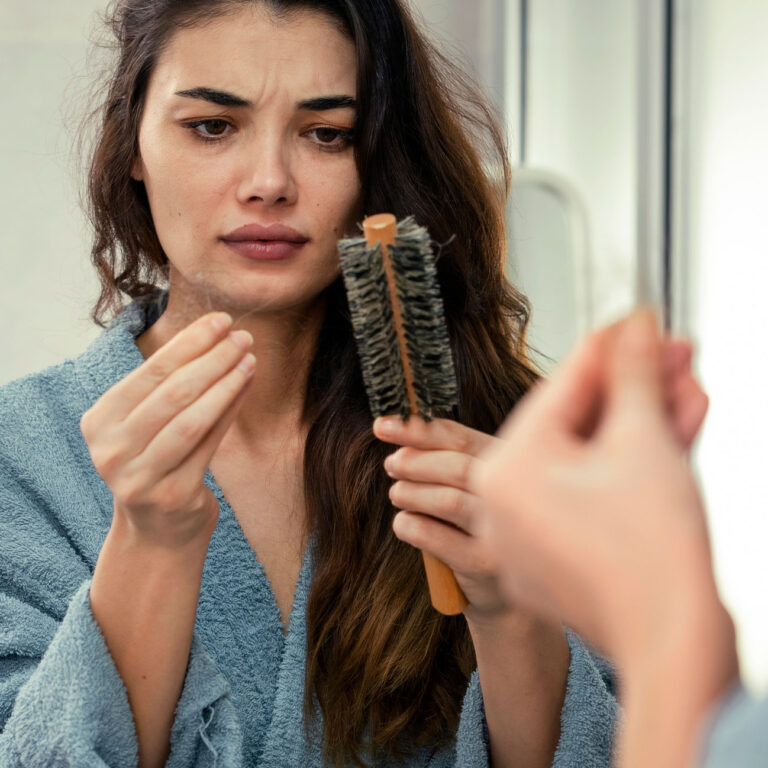
Hair Loss
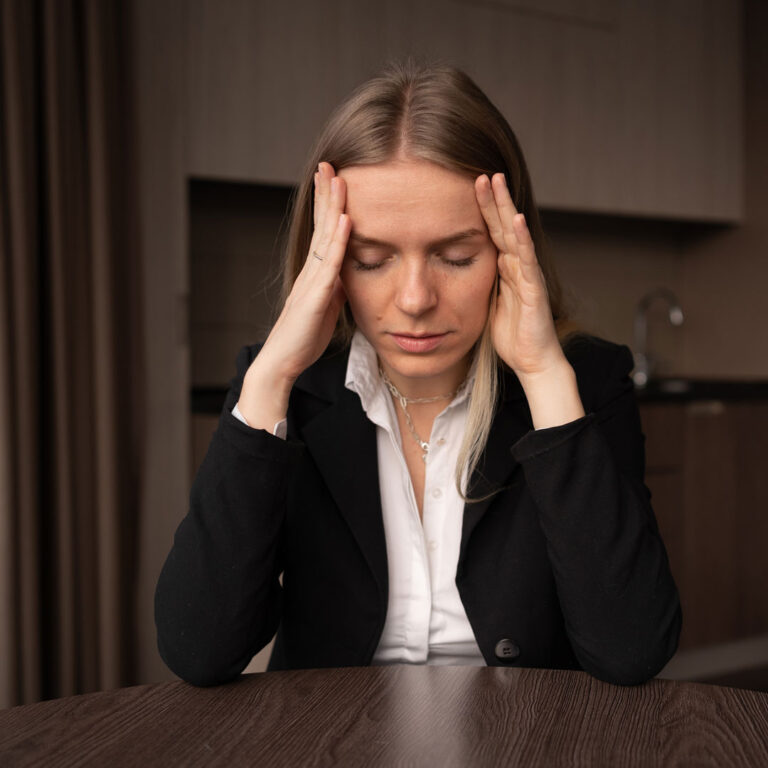
Severe PMS
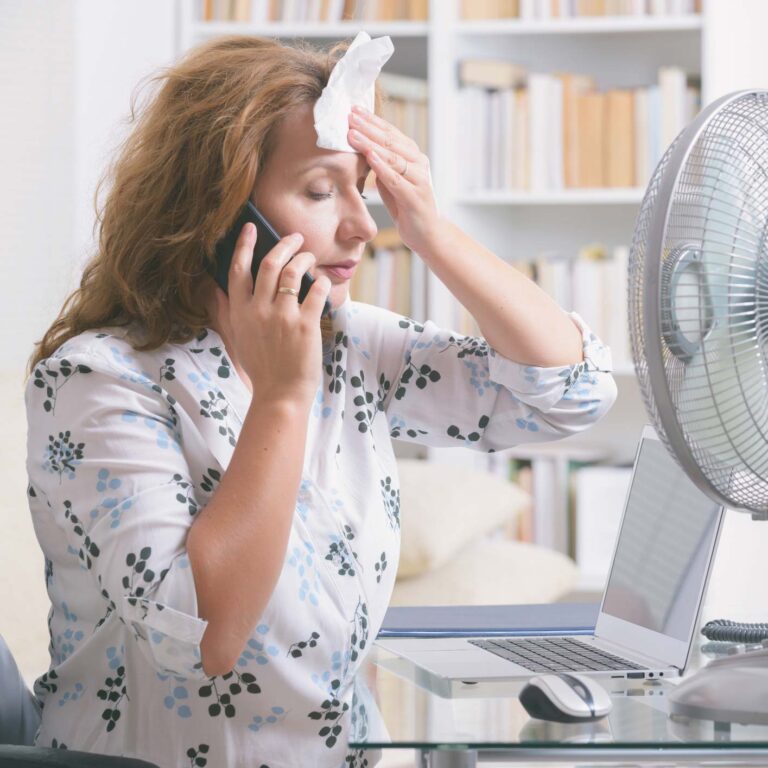
Hot Flashes
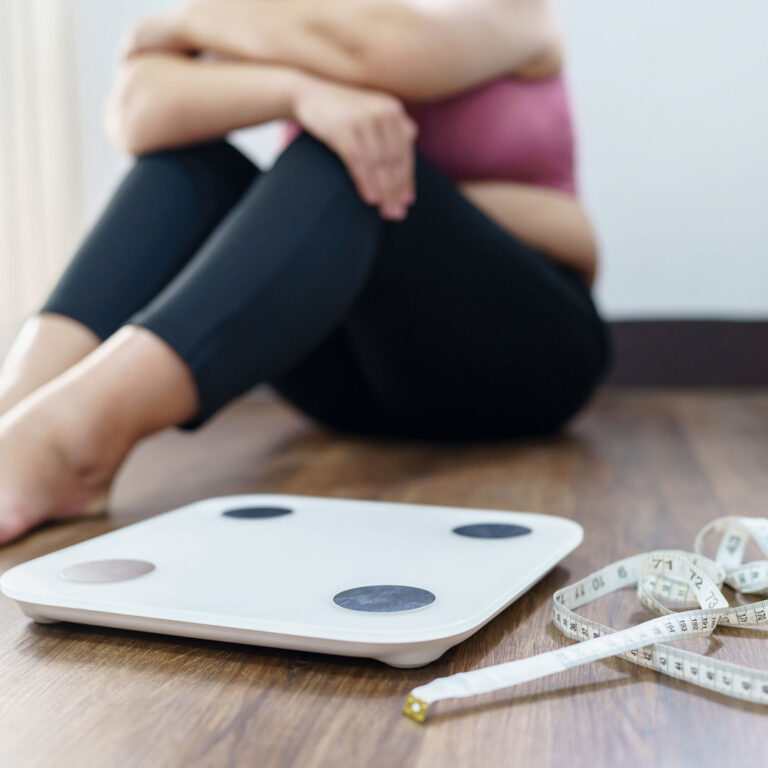
Weight Gain
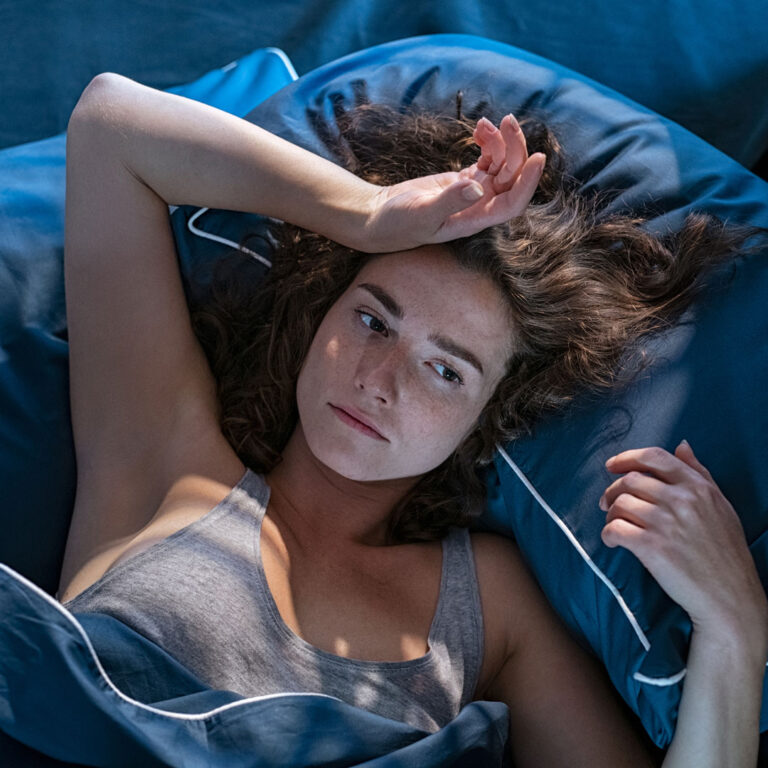
Insomnia
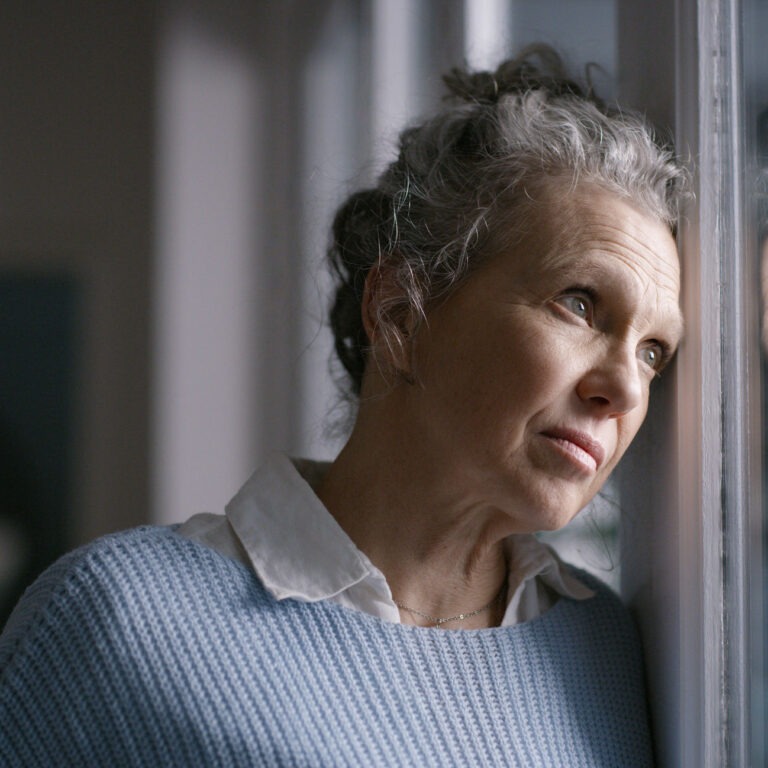
Depression
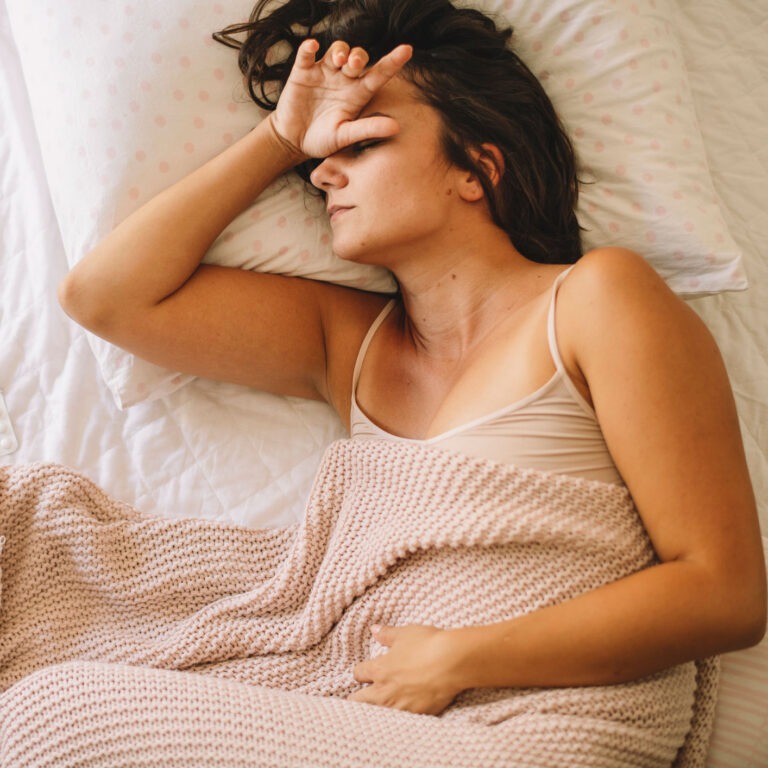
Night Sweats
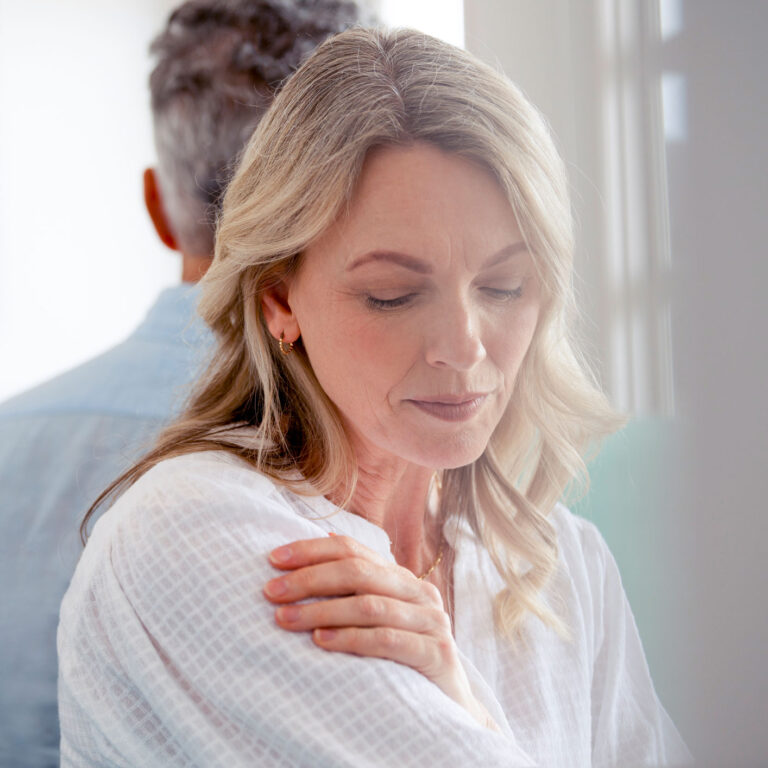
Low Libido







